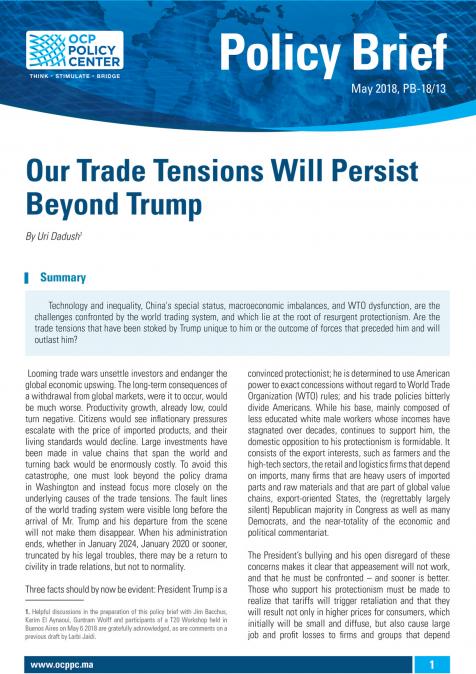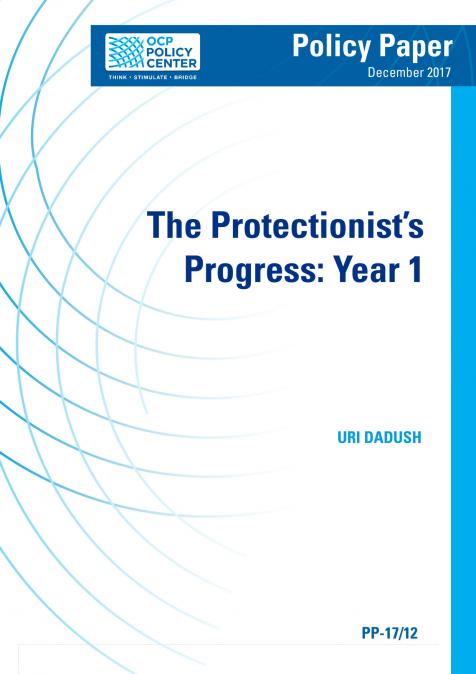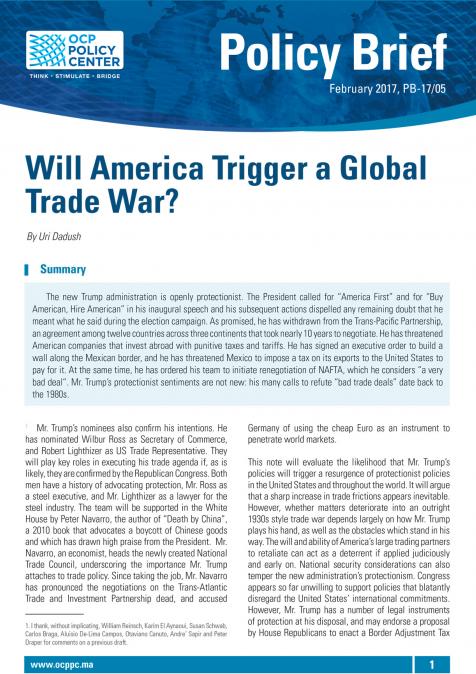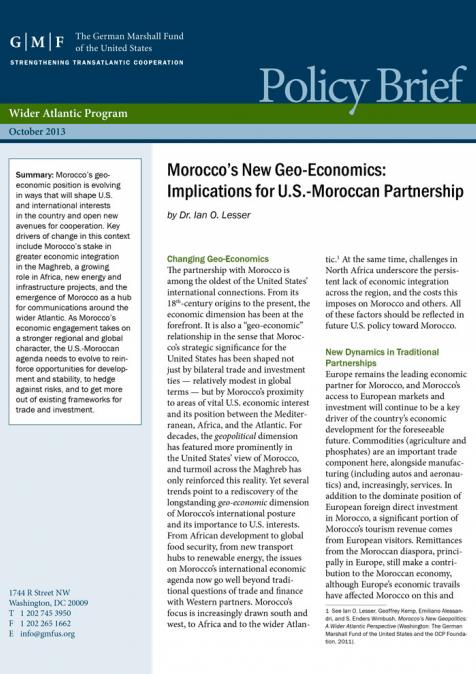At the recent World Bank and IMF Spring Meetings, heightened attention focused on the IMF’s downgraded global economic forecasts. Global growth is now projected at 2.8% for 2025 and 3% for 2026, down from 3.3% in 2024, largely due to rising trade barriers initiated by Mr. Trump’s second administration. The U.S. growth forecast for 2025 was cut to 1.8%. Financial markets reacted strongly, with U.S. equities and government bonds experiencing sell-offs, signaling tighter financial conditions and capital flight. The announcement of massive reciprocal tariffs raised concerns that protectionist views now dominate U.S. trade policy. Temporary market relief followed a 90-day postponement of tariffs, but uncertainty persists. China’s export volumes to the U.S. are already declining. Negotiations between the two countries remain stalled, with China demanding a rollback of new measures. In parallel, U.S. officials called for multilateral institutions like the IMF and World Bank to refocus away from broader agendas. While the IMF outlined less pessimistic scenarios if negotiations succeed, the risk of further financial market stress remains significant if tensions escalate. The situation marks a critical juncture for global economic stability, contingent on the outcome of U.S.-China trade negotiations.






